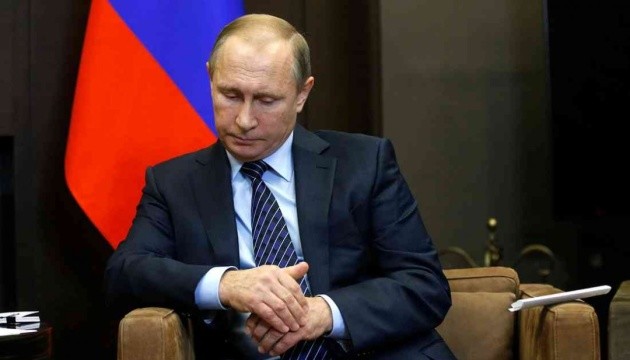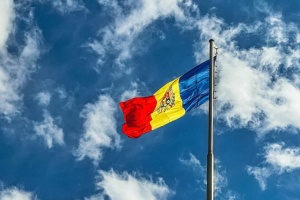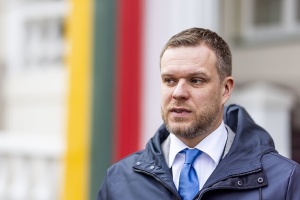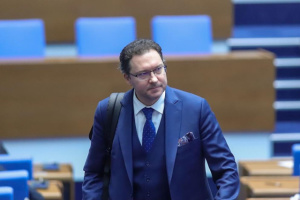
Putin should not hope for significant results at G20 - German expert
Joerg Forbrig, the Senior Transatlantic Fellow of The German Marshall Fund of the United States (GMF), said this in exclusive comments to an Ukrinform correspondent in Brussels.
"In and of itself, the G20 is not an arena, in which Russia can expect, or contribute to, tangible results. It is the kind of multilateral framework that Russia, as a self-declared world power, despises. It pursues goals – economic and sustainable development – in which Russia hardly excels," the German expert said.
At the same time, he has noticed that the participation in the G20 still comes in handy for President Putin’s power projection and geopolitical manoeuvring.
"Firstly, his presence among the world’s key leaders will serve propaganda purposes back home. It will impress on Russians-at-large that their country is an indispensable player on the global stage, and it will attribute this importance to the leadership of Vladimir Putin. Secondly, the G20 summit will include the long-overdue meeting between the Russian and U.S. president. This side meeting will not likely produce any substantial breakthroughs, and it remains to be seen if Putin and Trump will develop any personal rapport," Forbrig said.
At the same time, the expert has emphasized that for the Kremlin, this bilateral meeting is the central part of the agenda in Hamburg. Putin will likely use the occasion to slam Western sanctions against his country, and to demonstrate unity with some of the world’s rising non-Western powers.
"For three years now, and to the surprise of many, the West has maintained a firm and united position condemning Russian aggression and punishing it with a range of sanctions. What is more, there is little indication that this policy will fundamentally change any time soon. In Europe, a series of elections have resulted, or likely will as in Germany, in governments that underwrite this principled position," he said.
"The recent renewal of sanctions against Russia passed without much debate, a range of defensive measures are taken to face Russian aggression, and commitment to Eastern neighbors, such as Ukraine, remains strong. In the United States, President Trump has not turned his campaign rhetoric into policy. His administration has not rolled back Russia sanctions, and it has stepped up military support to NATO allies. And even if the President was to change his Russia policy, Congress remains committed to a principled position, including assistance to Eastern Europe and punitive measures on Russia. In short, the broad Western position on Russia is likely to stay in place for the foreseeable future," Forbrig stressed.
The analyst noted that the Western conditions, under which pressure and sanctions against would be eased, are well-known to the Kremlin. They include the restoration of peace and territorial integrity in Ukraine, an end to threats against Russia’s neighbours, and a cooperative approach to resolving conflicts in the world, especially in Syria.
However, on none of these accounts Russia is willing to make concessions.
"First, the Kremlin is still hoping that hitherto Western unity in countering Russian aggression and revisionism will eventually falter. Second, confronting the West, its principles and institutions has become the sole basis of legitimacy of the Putin regime. This “patriotic” mobilisation against an alleged external enemy is what keeps major parts of Russian society in support of Putin. Concessions to the West would undercut this narrative and with it, Putin’s power. They would be a sign of weakness that the Russian president, facing as he does re-election next year, can hardly afford," he said.
"At this stage the Kremlin neither does see a need nor can it afford to make real proposals on Ukraine, Syria and elsewhere that would lead to an easing of international pressures," Forbrig summed up.
ish




